By Susan Lutz
Tracking a lion for 40 hours must have been exciting. Far from home, stalking the king of beasts in the wilds of Africa, feeling the thrill of not only the hunt, but the exotic power of ruling over animals, taking, leaving the rest to rot must have been exciting. This desire to take, this desire to own, this desire to control is the consciousness that is killing our planet.
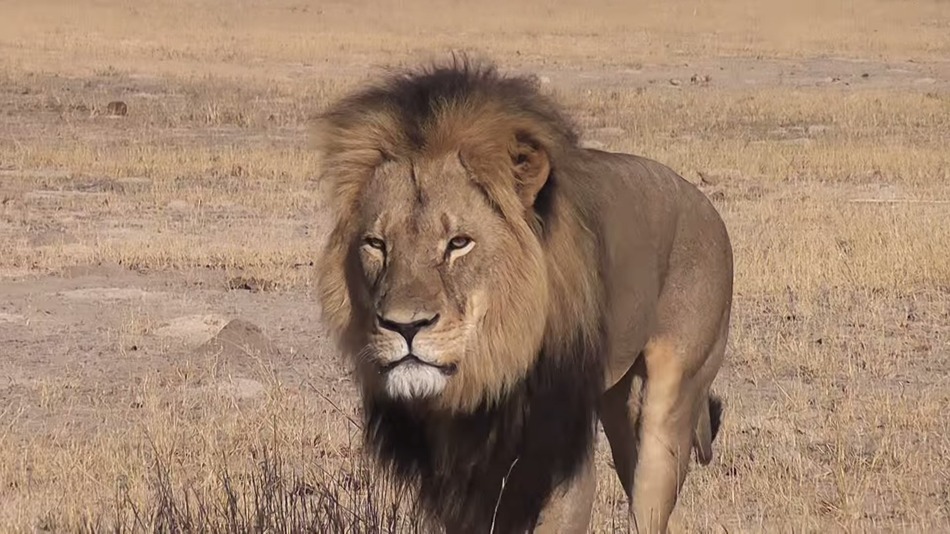 A Minnesota dentist and the men he paid to take him hunting in Zimbabwe are now being sought for questioning. This from CNN:
A Minnesota dentist and the men he paid to take him hunting in Zimbabwe are now being sought for questioning. This from CNN:
“All persons implicated in this case are due to appear in court facing poaching charges,” it said.
Officials said they believed Palmer had paid between $50,000 and $55,000 for the hunt to kill the lion.
We see what we want. We take what we want, often without regard for the effects our choices have on the environment. Killing a lion for thrill is taking for oneself and oneself alone, leaving no regard for life, animal or human. This mentality doesn’t stop with the animal kingdom.
We take by ignoring ramifications. When we purchase products that are made in sweatshops, we mistreat human beings. When we find out there’s a hole in the ozone layer, we claim we didn’t know our choices made a difference.
We take by consuming. We drink water in plastic bottles and toss them after one use; smug in our belief that recycling will take care of it. We pop a K-cup in the machine for a cup of coffee and drink 8 ounces of convenience, leaving behind billions of plastic cups to choke the planet.
We take by selling out. We ignore when politicians pass laws that make it OK to put toxins in our food.
We take by waiting for someone else to do it. For years, activists have tried to ban trophy hunting. We wait for the tragic to motivate us to change.
I searched hard on how to not judge this dentist from Minnesota. I’m from Minnesota. We’re not saints, but there’s this belief that we hold ourselves up to standards. My family hunts. I’ve been surrounded by the climate of hunting since birth, the camouflage, the orange vests, the guns, and the deer hanging from the garage in the cold of the fall. I’ve stood on the sidelines while this ritual, tradition, and sport took place. The hunters I know would be as devastated by this story as I am.
It’s hard to understand that in the entire time this dentist was planning his trip, it never occurred to him it might be wrong. He spent thousands of dollars, traveled thousands of miles, and then tracked the animals for 40 hours. He and his guides skinned the animal and beheaded it. Wasn’t there just one second, one moment, a fleeting thought that perhaps this is wrong? Even if not legally, morally?
I lived in a foreign country. I understand the lure of another country. Seeing the tropics, or the jungle, or the rainforest, or an animal in its habitat is exciting. It truly is interesting, educational, and enlightening to see and experience another land and culture. Tourism helps many countries. It’s critical to many economies. Yet, there are those who go take, forget, and ignore the ramifications of their actions. We’ve watched tourists climb mountains and take pictures naked for the sake of an interesting shot to put on social media. In Central America and other countries, many tourists travel for cheap sex, including with children. This is the mentality of take. Take for me – I don’t care about the rest.
I feel a deep sadness for the final hours of this regal animal, walking to his slow death in pain, suffering. I feel sadness for the country that lost a true, breathing, wonderful part of their culture. I feel sadness for the cubs left behind, the destruction and disorder inflicted by man on their pride. I even feel sadness for this dentist. In the time he spent hunting this animal down for sport, he lost time, time he can never take back. He does have a chance to change things. In the hours to come, in the actions he takes, he has the opportunity to give back instead of taking and find a way to make amends.
We’re meant to take. The cycle of life is giving and receiving. Yet, we must understand that we have a responsibility to act with care in how we take and be sure in all we receive, we are giving back.
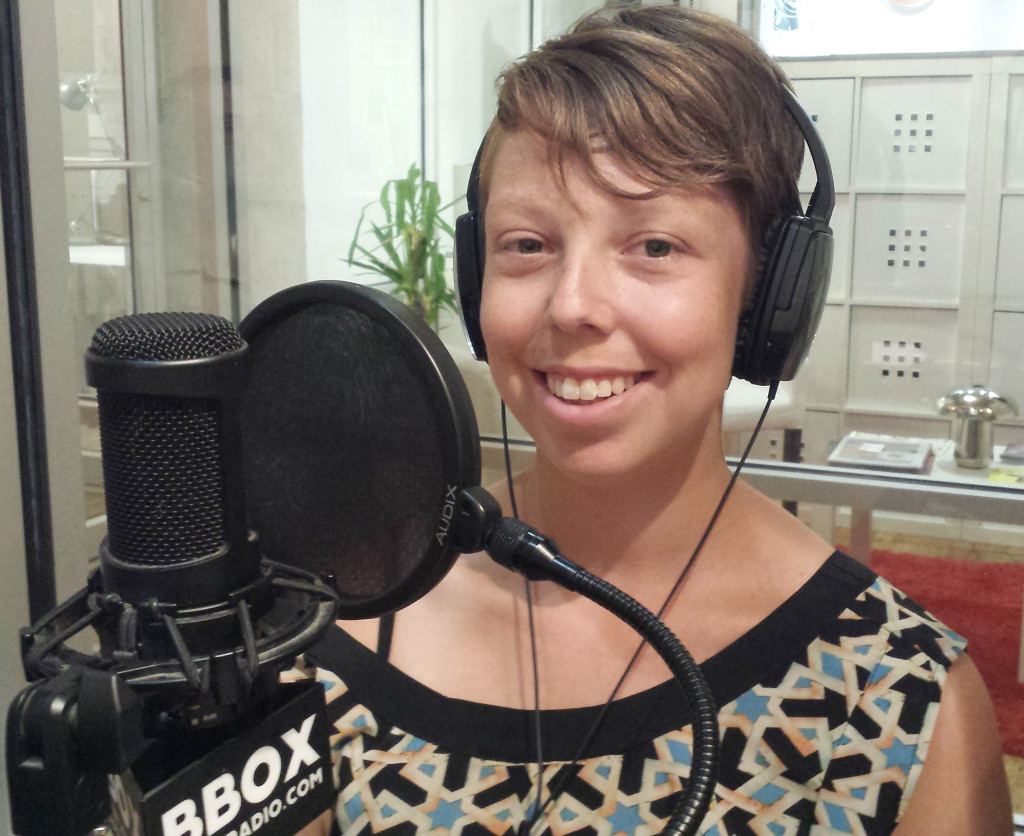 Microbeads are not part of a kids craft project, they are tiny plastic particles which are entering the wildlife and human populations. My guest this week, Jordan Christensen, is the Program Coordinator for the Citizens Campaign for the Environment, and she is working to put pressure on our elected officials to ban the use of microbeads. She is also working on projects to limit raw sewage and toxins from entering the waterways, as well as reducing use of chemicals in schools. We have to write letters to our local and national representatives to let them know that Earth comes first. Go to www.citizenscampaign.org for more information.
Microbeads are not part of a kids craft project, they are tiny plastic particles which are entering the wildlife and human populations. My guest this week, Jordan Christensen, is the Program Coordinator for the Citizens Campaign for the Environment, and she is working to put pressure on our elected officials to ban the use of microbeads. She is also working on projects to limit raw sewage and toxins from entering the waterways, as well as reducing use of chemicals in schools. We have to write letters to our local and national representatives to let them know that Earth comes first. Go to www.citizenscampaign.org for more information.
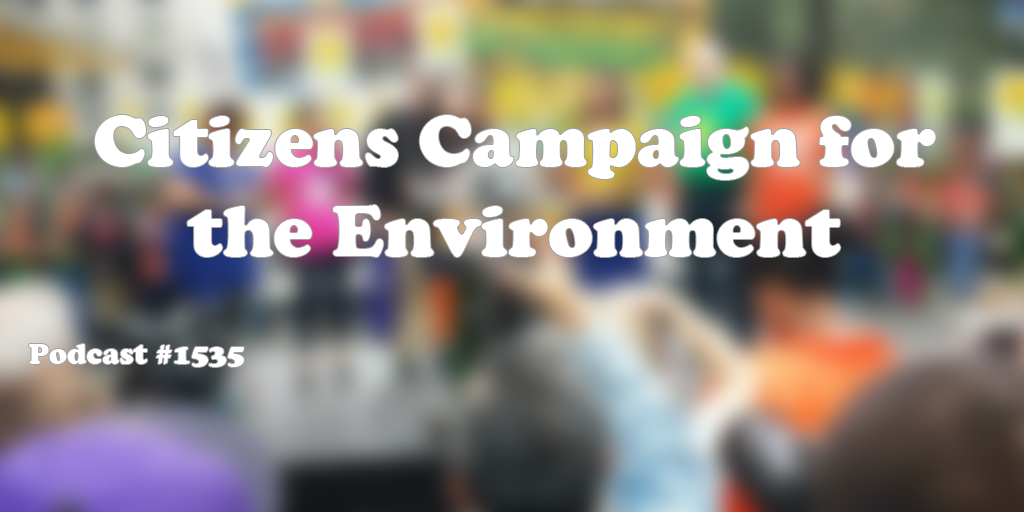
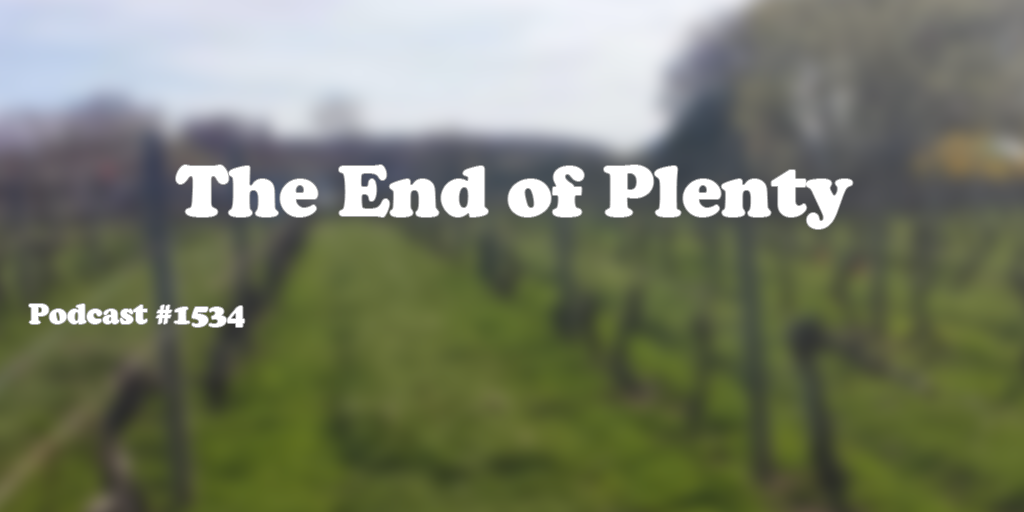
 Can we feed the world without wrecking it? Are we farming ourselves out of food? My guest, Joel K. Bourne Jr. and I delve into those questions on this week’s show. Joel’s new book, THE END OF PLENTY: The Race to Feed a Crowded World, discusses the world food crisis, as it relates to population increase and environmental concerns. Farm land is becoming decimated, as water shortages are spreading globally, thus reducing growth of crops needed to feed the populace. Political unrest and revolutions have occurred in various hot spots around the world, as wheat crops have failed, which has lead to tightening grain supplies. Lives are lost as fights break out over bread. Will 3D printing of food save us? Probably not, but there is hope, as farmers are using innovations in food irrigation, as well as conservation methods to solve some of the problems. A new land ethic must be put into place to feed the world. For more information go to joelkbournejr.com and amazon.com for his book, THE END OF PLENTY.
Can we feed the world without wrecking it? Are we farming ourselves out of food? My guest, Joel K. Bourne Jr. and I delve into those questions on this week’s show. Joel’s new book, THE END OF PLENTY: The Race to Feed a Crowded World, discusses the world food crisis, as it relates to population increase and environmental concerns. Farm land is becoming decimated, as water shortages are spreading globally, thus reducing growth of crops needed to feed the populace. Political unrest and revolutions have occurred in various hot spots around the world, as wheat crops have failed, which has lead to tightening grain supplies. Lives are lost as fights break out over bread. Will 3D printing of food save us? Probably not, but there is hope, as farmers are using innovations in food irrigation, as well as conservation methods to solve some of the problems. A new land ethic must be put into place to feed the world. For more information go to joelkbournejr.com and amazon.com for his book, THE END OF PLENTY.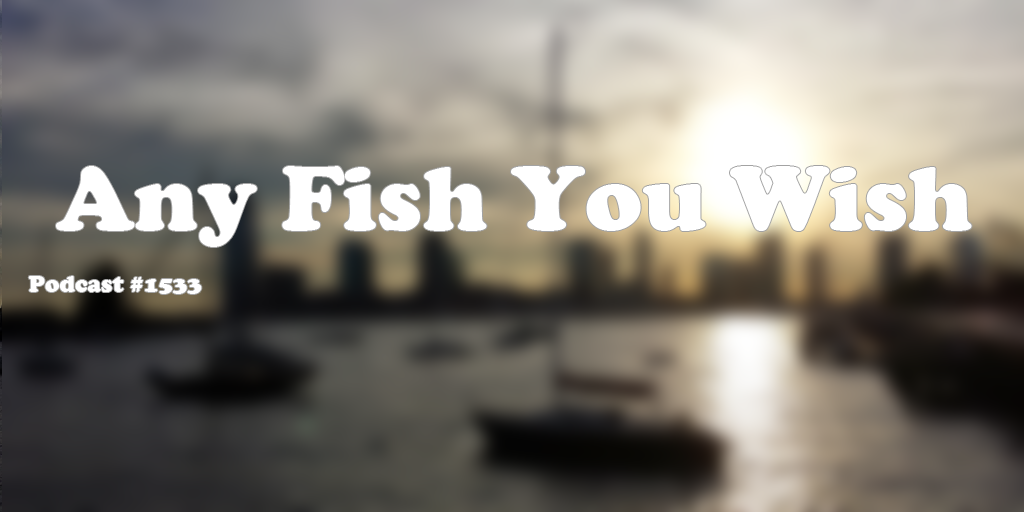
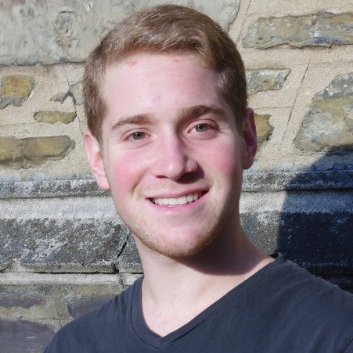 In the 1984 film Flamingo Kid, Matt Dillon’s character Jeffrey Willis, dines with his family at Larry’s Fish House, where the slogan is “Any Fish You Wish”. Cut to the summer of 2015, and my guest Noah Bressman, who is a budding marine biologist at Cornell University, has a big wish. That wish is to encourage more sustainable fishing practices on both the industry side and the sporting side. Fisherman should catch and release fish not caught for food. Regulations should be enforced to ensure more sustainable fisheries and fishing practices. Find out what mummichogs are, and how Noah’s research on that ‘intertidal killfish’ was featured on the Discovery Canada Show, The Daily Planet. Learn about what the signs at your local grocery fish counters mean when they say “all natural”, “wild caught” or “certified sustainable”. Noah is making great strides in his research, and he will continue to do great things in years to come. For more information visit Noah’s Facebook Page:
In the 1984 film Flamingo Kid, Matt Dillon’s character Jeffrey Willis, dines with his family at Larry’s Fish House, where the slogan is “Any Fish You Wish”. Cut to the summer of 2015, and my guest Noah Bressman, who is a budding marine biologist at Cornell University, has a big wish. That wish is to encourage more sustainable fishing practices on both the industry side and the sporting side. Fisherman should catch and release fish not caught for food. Regulations should be enforced to ensure more sustainable fisheries and fishing practices. Find out what mummichogs are, and how Noah’s research on that ‘intertidal killfish’ was featured on the Discovery Canada Show, The Daily Planet. Learn about what the signs at your local grocery fish counters mean when they say “all natural”, “wild caught” or “certified sustainable”. Noah is making great strides in his research, and he will continue to do great things in years to come. For more information visit Noah’s Facebook Page: 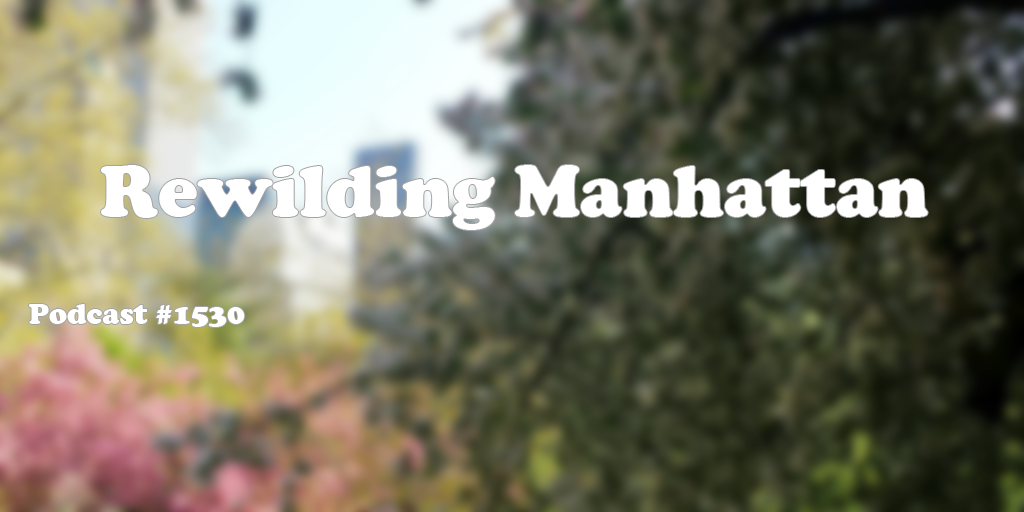
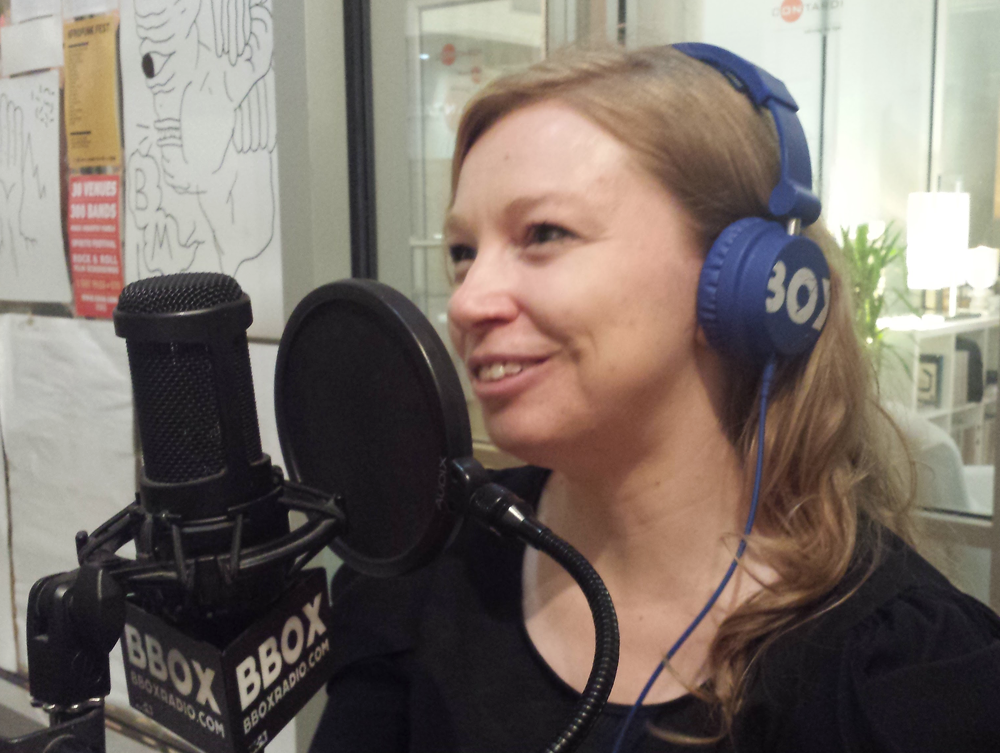
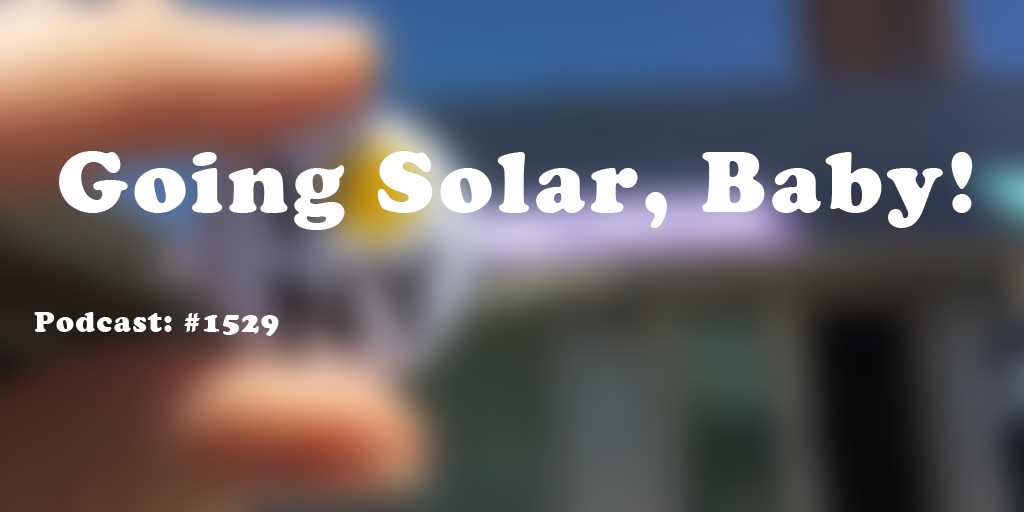
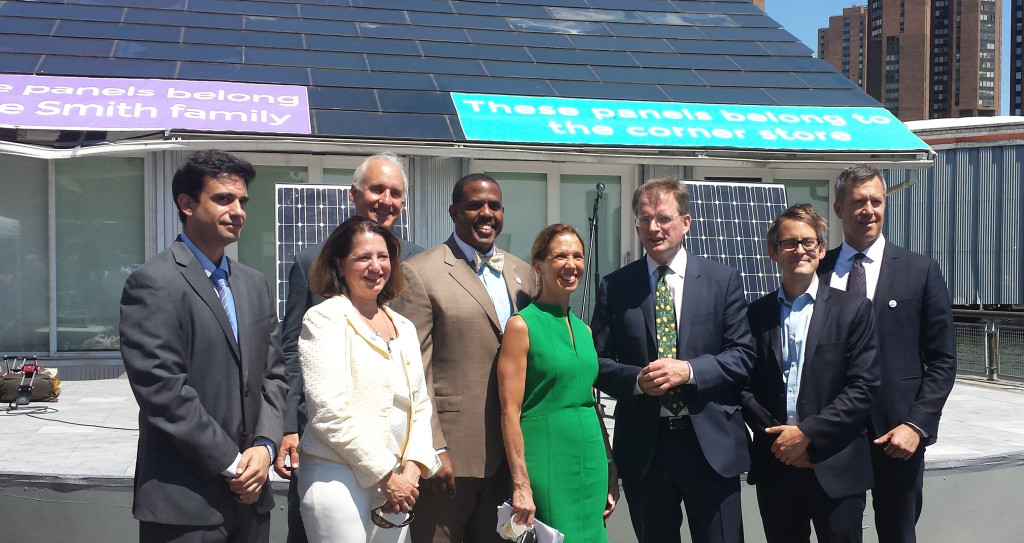 “Here comes the sun, here comes the sun and I say, it’s alright.” – George Harrison
“Here comes the sun, here comes the sun and I say, it’s alright.” – George Harrison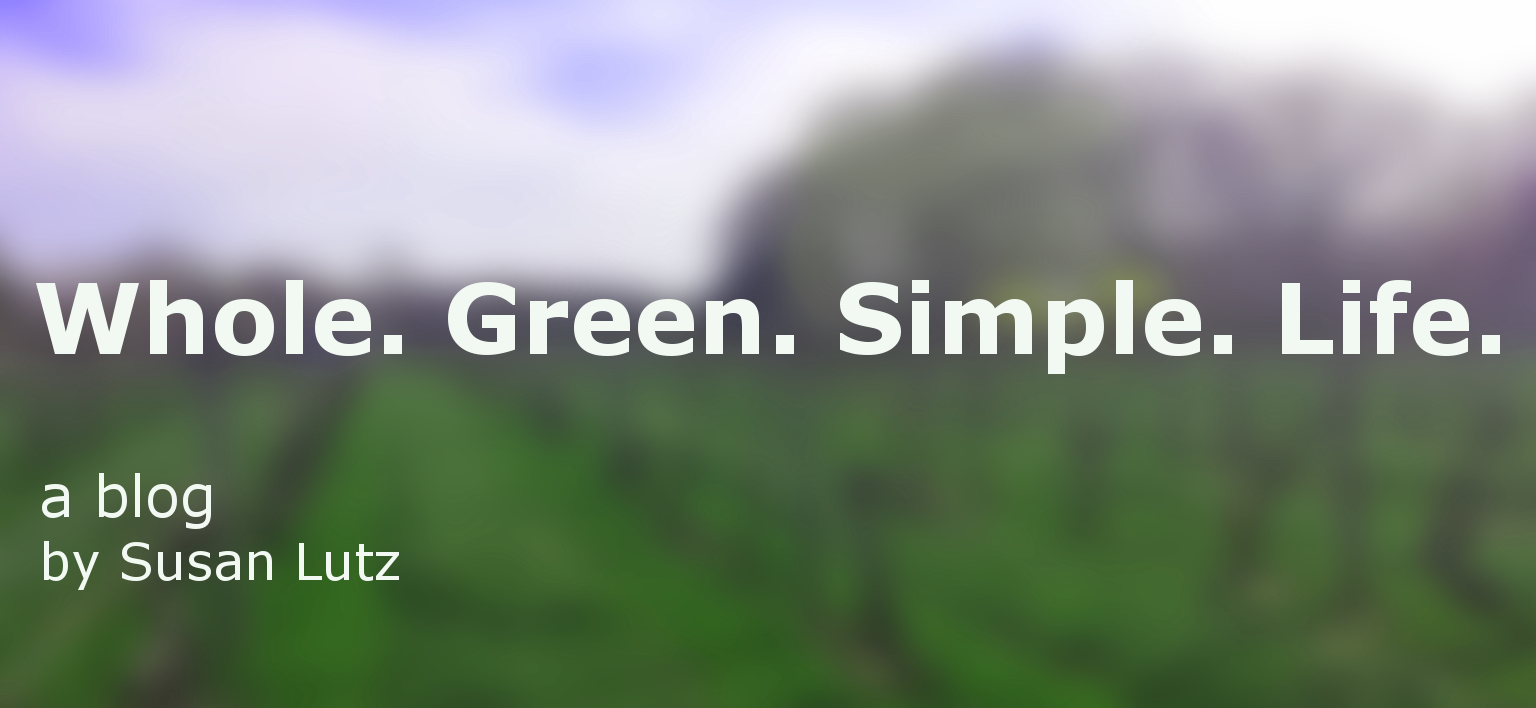

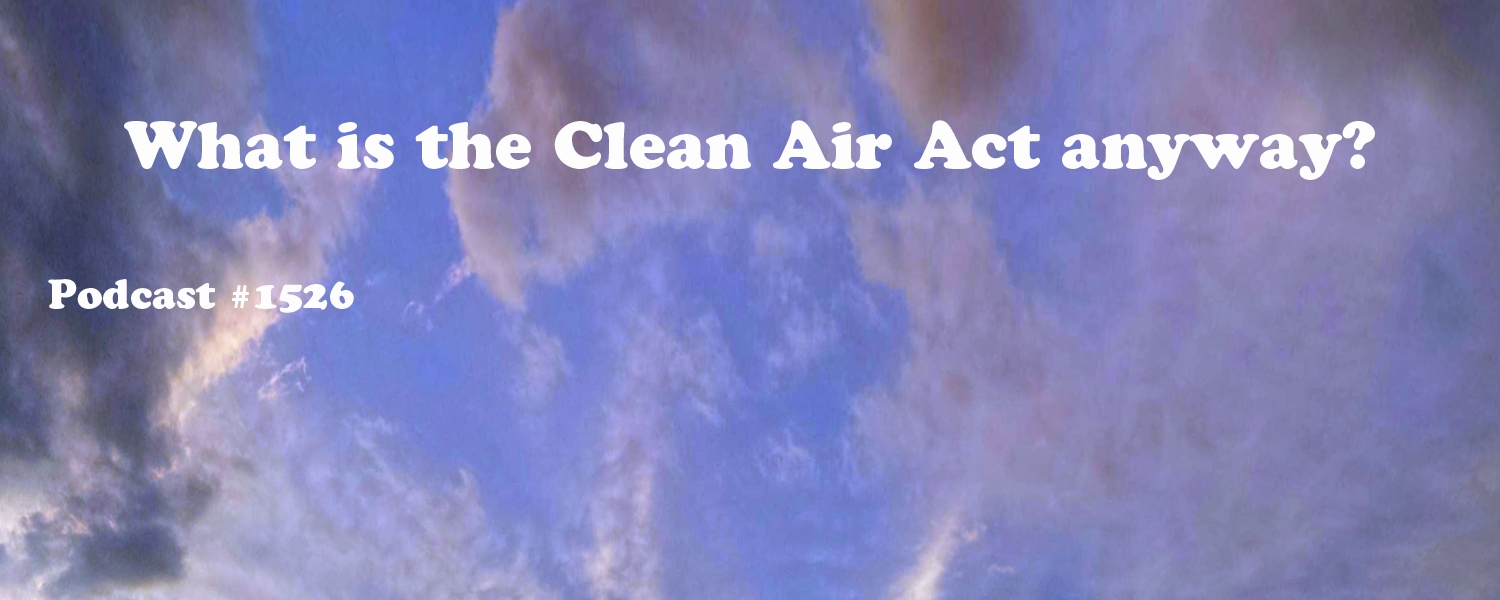
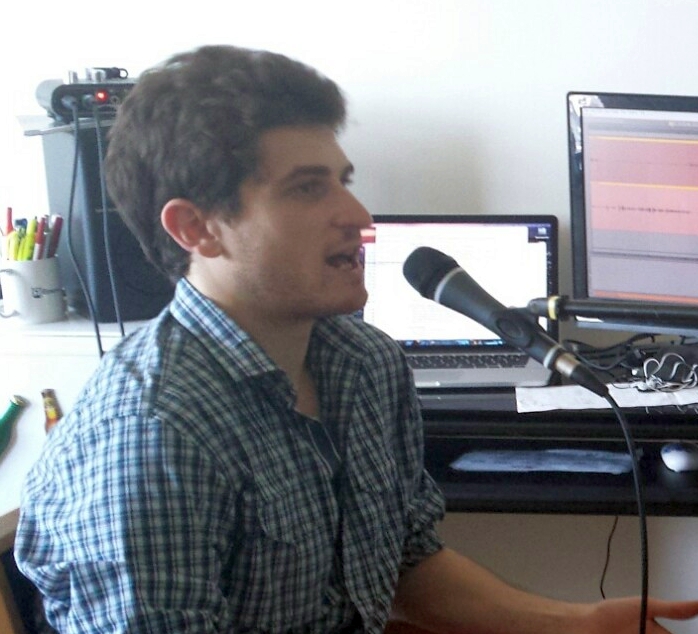 Why are environmental regulations important in helping reduce greenhouse gas emissions? The Clean Air Act and the Clean Power Standard Rule have been put into place to keep the air, land and water safe, in order to reduce the negative health effects of pollutants. Join me and my special guest, Elon D. Rubin, Esq., Environmental lawyer, entrepreneur, techie, musician and most importantly my awesome son, as we talk about the environmental regulatory process, and how citizens can participate in the process. The climate is changing, and we must be proactive in being resilient and adaptive to current and future climate challenges. For more information visit Edrlaw.com and epa.gov.
Why are environmental regulations important in helping reduce greenhouse gas emissions? The Clean Air Act and the Clean Power Standard Rule have been put into place to keep the air, land and water safe, in order to reduce the negative health effects of pollutants. Join me and my special guest, Elon D. Rubin, Esq., Environmental lawyer, entrepreneur, techie, musician and most importantly my awesome son, as we talk about the environmental regulatory process, and how citizens can participate in the process. The climate is changing, and we must be proactive in being resilient and adaptive to current and future climate challenges. For more information visit Edrlaw.com and epa.gov.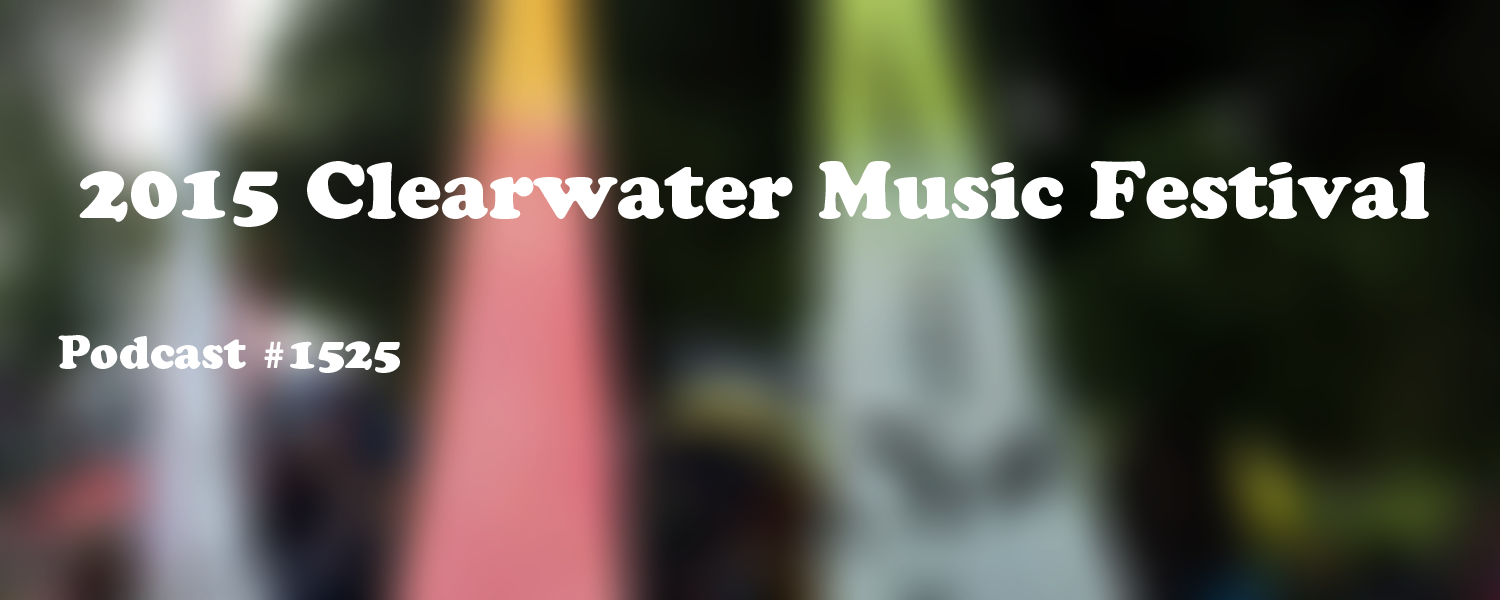
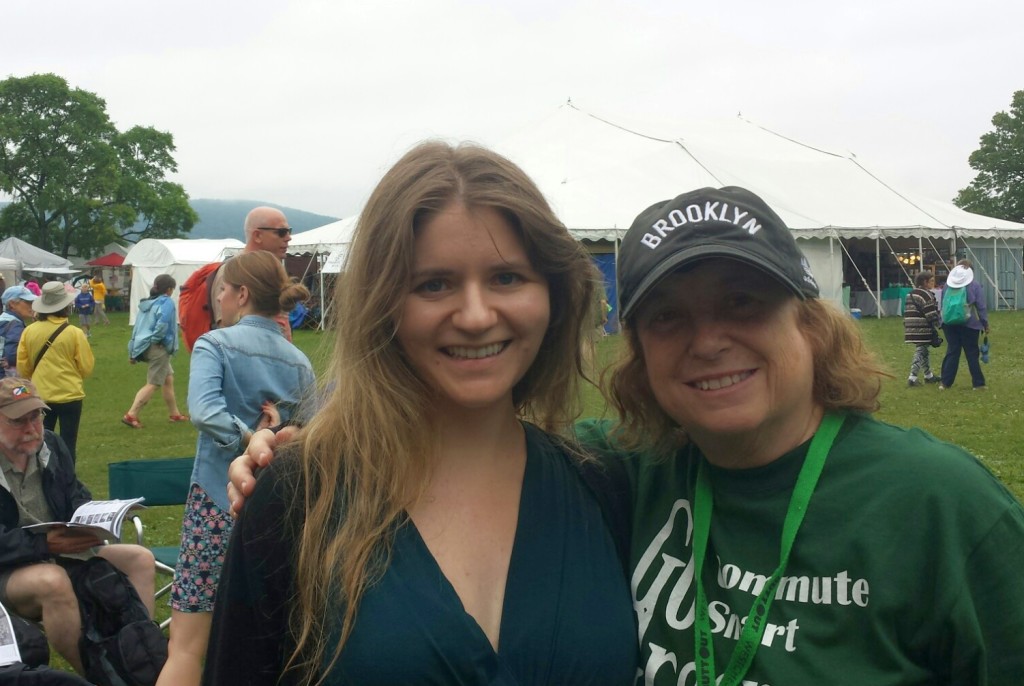 Neither rain, nor fog, nor soggy dew could dampen the spirit of the Clearwater 2015 Festival. We spoke to many environmental activists and green entrepreneurs who are creating ideas, and spreading the message about the need to be proactive stewards of Mother Earth. Music echoed throughout the festival, with many performers motivating the populace to take a stand and raise their voices on environmental and social justice issues. Music icon David Crosby, sang new songs with lyrics that commented on the nation’s current state of affairs, and implored people to email, call or show up at the offices of their elected officials and make some noise. Pete Seeger would have been proud to see his vision perpetuated. For more info go to
Neither rain, nor fog, nor soggy dew could dampen the spirit of the Clearwater 2015 Festival. We spoke to many environmental activists and green entrepreneurs who are creating ideas, and spreading the message about the need to be proactive stewards of Mother Earth. Music echoed throughout the festival, with many performers motivating the populace to take a stand and raise their voices on environmental and social justice issues. Music icon David Crosby, sang new songs with lyrics that commented on the nation’s current state of affairs, and implored people to email, call or show up at the offices of their elected officials and make some noise. Pete Seeger would have been proud to see his vision perpetuated. For more info go to 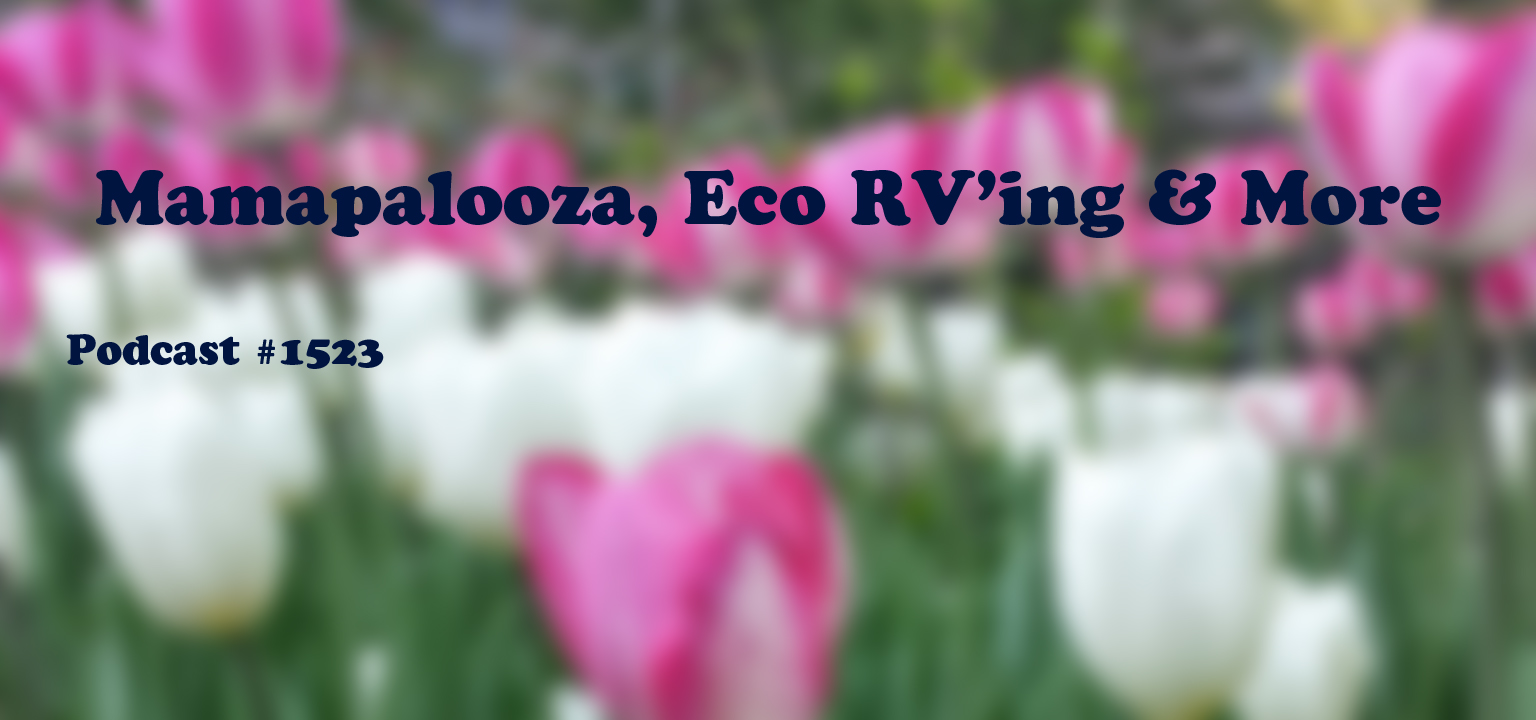
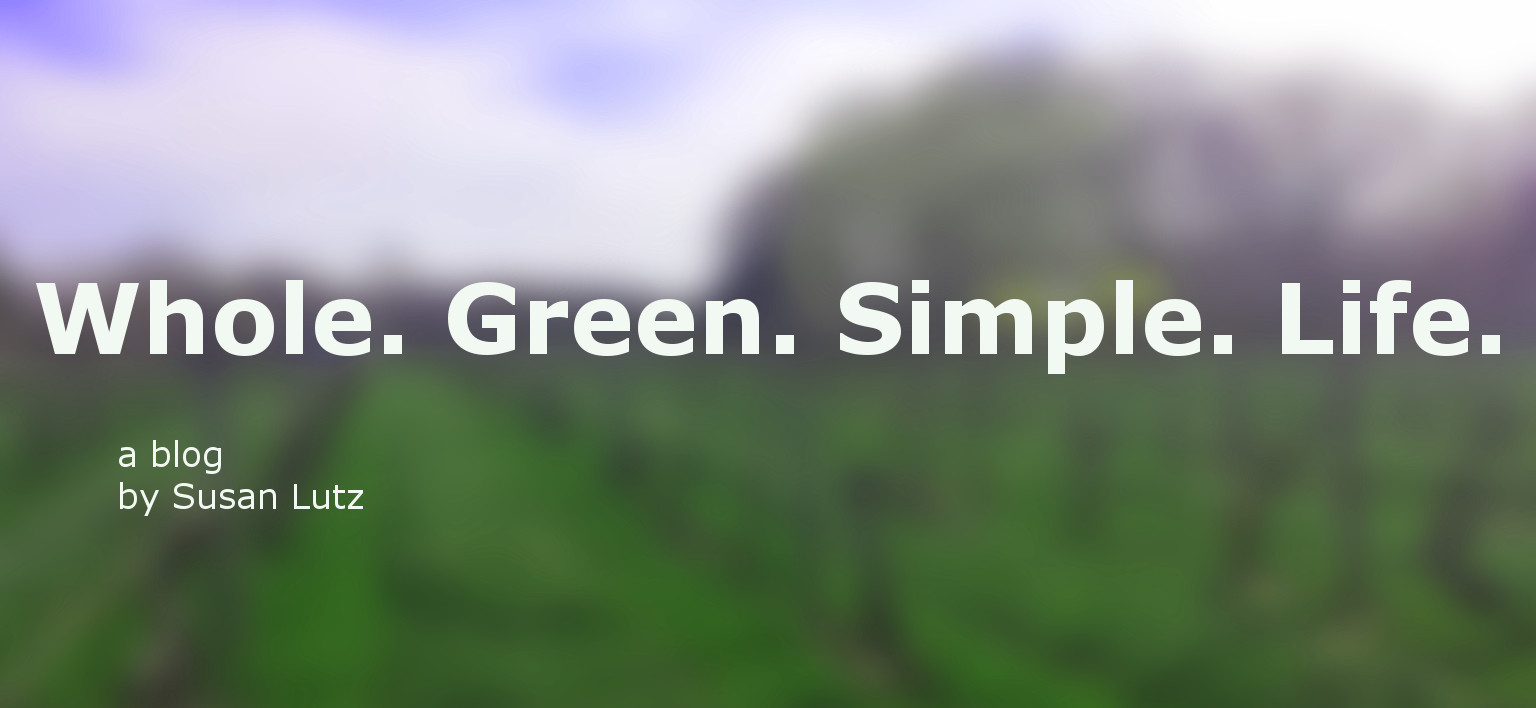
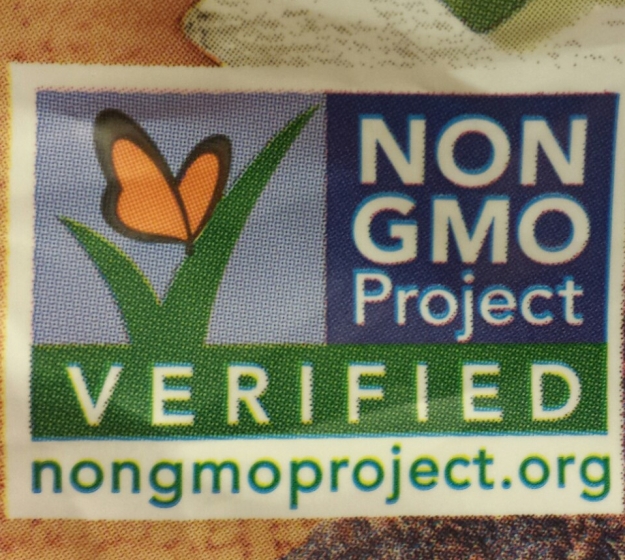 in toxic pesticides used by Monsanto and Dow for GMO crops.
in toxic pesticides used by Monsanto and Dow for GMO crops.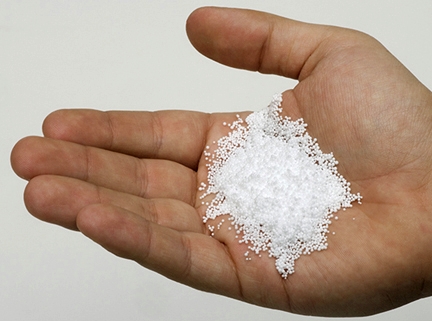 Scrub some natural face cleanser on at the end of the day. Feels wonderful. A shea butter body cream can only be good, right? Read the ingredients. Many of the cosmetics on the shelf today contain microbeads. What’s a microbead? I hadn’t heard of them either. Yet, they are now so proliferate in many of the products we use, approximately 69 NGOs from 33 countries are supporting the campaign to end the use of the microbead, according to
Scrub some natural face cleanser on at the end of the day. Feels wonderful. A shea butter body cream can only be good, right? Read the ingredients. Many of the cosmetics on the shelf today contain microbeads. What’s a microbead? I hadn’t heard of them either. Yet, they are now so proliferate in many of the products we use, approximately 69 NGOs from 33 countries are supporting the campaign to end the use of the microbead, according to 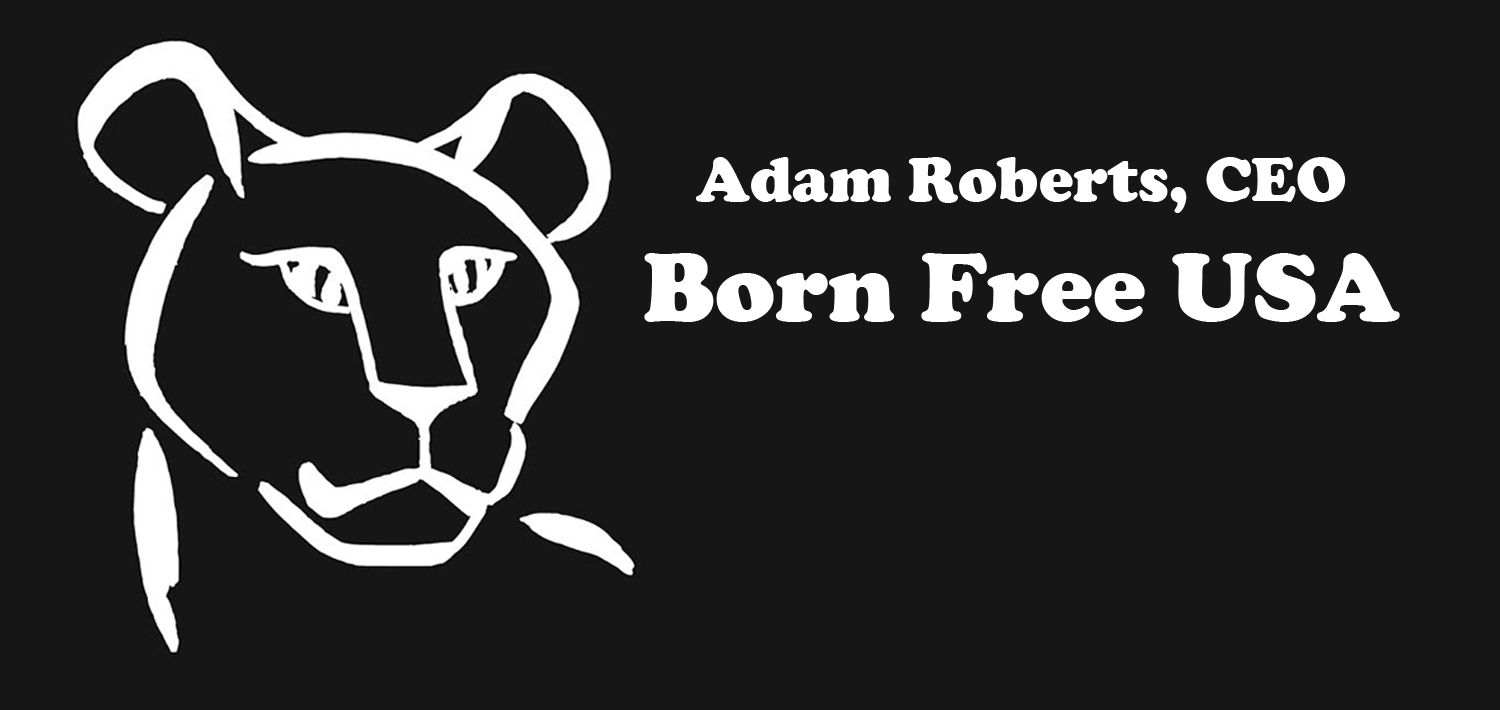
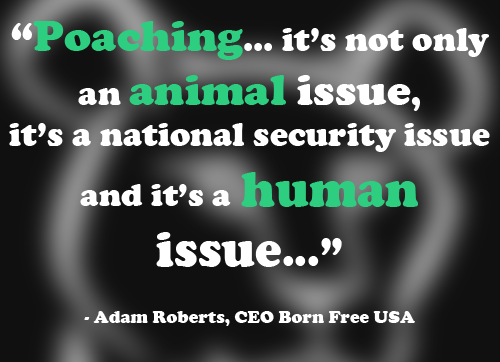 This week’s show takes us to jungles, plains, back lots and road shows to focus on animal welfare and the need for wildlife protection. My guest, Adam Roberts, CEO of the organization Born Free USA, and I discuss the plight of elephants and lions and what is causing them to be endangered. We also talk about the cruelty and neglect of Exotic pets, and the treatment of animal actors in circuses, film and TV. Lions may be sleeping, but we need to ROAR to save them. For more information go to
This week’s show takes us to jungles, plains, back lots and road shows to focus on animal welfare and the need for wildlife protection. My guest, Adam Roberts, CEO of the organization Born Free USA, and I discuss the plight of elephants and lions and what is causing them to be endangered. We also talk about the cruelty and neglect of Exotic pets, and the treatment of animal actors in circuses, film and TV. Lions may be sleeping, but we need to ROAR to save them. For more information go to